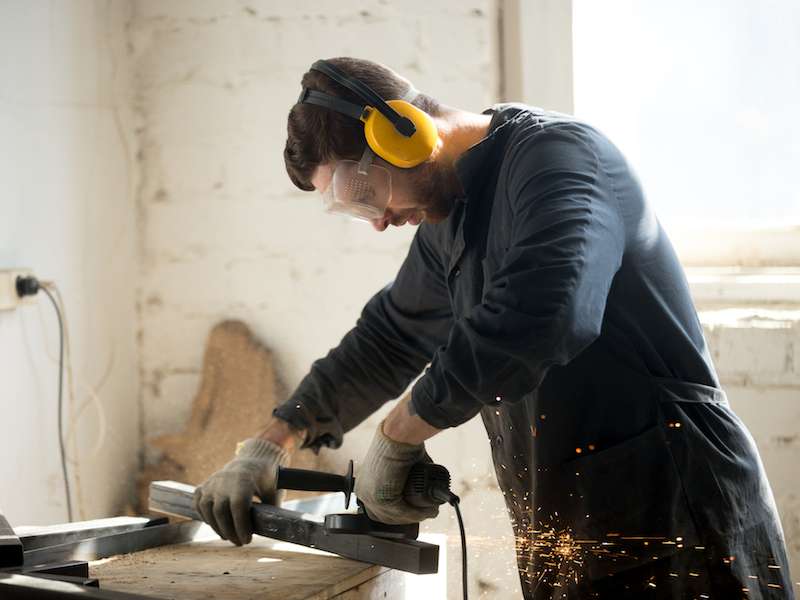
Is your hearing protection failing to safeguard your hearing? Here are 3 things to look out for.
In spite of your best attempts, you can sometimes run into things that can hinder your hearing protection, both at home and at the job. And that can be frustrating. After all, you’re trying to do what you’re supposed to do! When you go to a show, you wear your earplugs; At work, you use earmuffs every day; and you do your best to steer clear of Uncle Joe who is constantly shouting in your ear.
The point is, it can be kind of aggravating when you’re doing everything right and still there are issues. Fortunately, you can take some steps to protect yourself once you understand what types of things can interfere with the performance of your ear protection. And this will keep your ear protection working effectively even when you’re experiencing a bit of trouble.
1. Using The Wrong Kind of Hearing Protection
Ear protection comes in two basic types: earmuffs and earplugs. Earplugs are little and, as the name indicates, can be put straight into the ear canal. Earmuffs look like a pair of 70’s headphones, but instead of tunes, they provide protection for your hearing by muting outside sound.
- When you’re in a scenario where sound is relatively constant, earplugs are suggested.
- Earmuffs are recommended in instances where loud sounds are more irregular.
There’s an obvious reason for that: when there’s no noise, you’ll want to remove you’re hearing protection which is more difficult to do with earplugs than earmuffs. Earplugs take a bit more work to put in and are easy to lose so you may find yourself needing to replace lost plugs when you need them most.
Wear the correct form of hearing protection in the appropriate situation and you should be fine.
2. Your Hearing Protection Can be Impacted by Your Anatomy
Human anatomy is amazingly varied. That’s why your vocal cords are average sized compared to old Uncle Joe’s larger vocal cords. It’s also why your ear canal might be narrower than the average person’s.
This can cause issues with your ear protection. Disposable hearing protection is frequently a one size fits all mentality, or at best, a small, medium, large scenario. And so if you have especially tiny ear canals, you might have a hard time making earplugs fit, causing you to give up completely and throw the earplugs away in frustration.
If you find yourself in this situation, you could turn away from the hearing protection you were attempting to give yourself, leaving you at risk of hearing damage. The same thing can occur if, for instance, your ears are a bit larger, making earmuff style protectors awkward. For people who work in noisy settings, a custom fit pair of ear protection is a smart investment.
3. Assess Your Hearing Protection For Signs of Wear
If you’re wearing your hearing protection every day, you should give yourself a gold star. But that also means you need to keep an eye on the wear and tear your ear protection is experiencing.
- Your hearing protection should be kept clean. Earwax serves a practical purpose in your body but it can also collect on your hearing protection. Make certain you wash your hearing protection completely by taking them apart before you clean them. Be mindful not to drop your earplugs into the drain.
- If you use earmuffs, check the band. The band will need to be replaced if the elastic is worn out and doesn’t hold the earmuffs tight.
- When they’re no longer pliable, replace the cushions on your earmuffs.
If you want to get optimum benefit, you need to do routine maintenance on your hearing protection. It’s important that you have a consultation with us if you have any questions on how to care for your hearing protection or want to learn more about the things that can impede their performance.
Your hearing is important. Taking the time to protect it properly is worthwhile.
